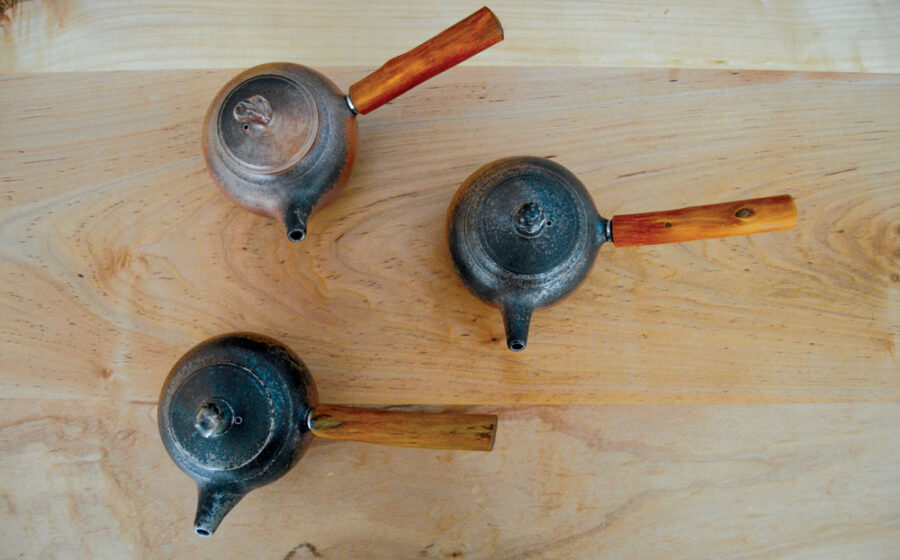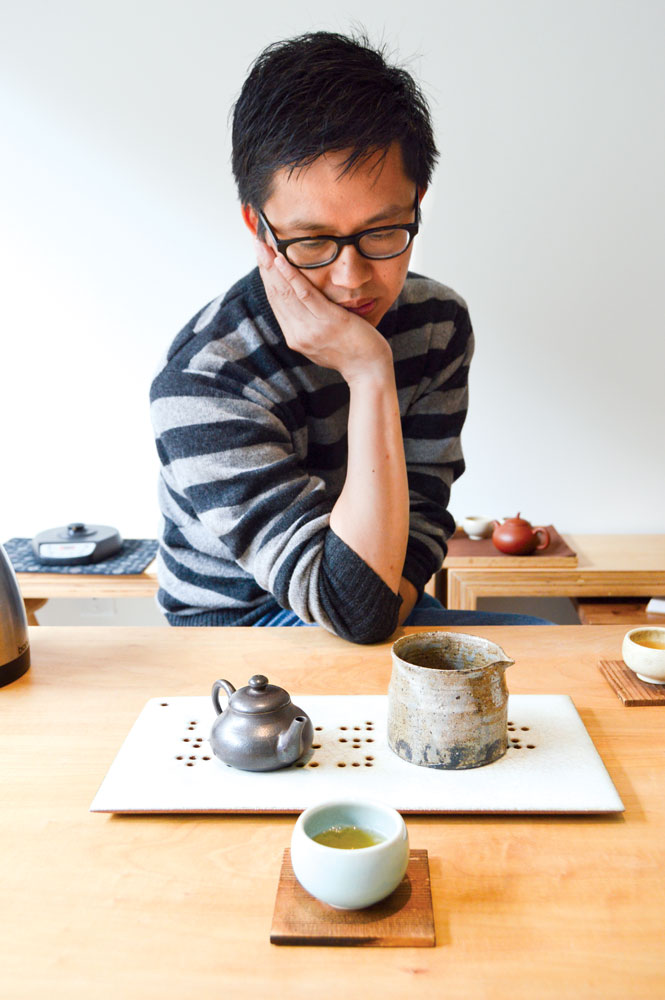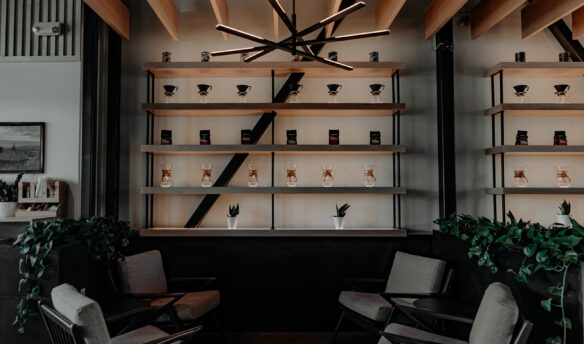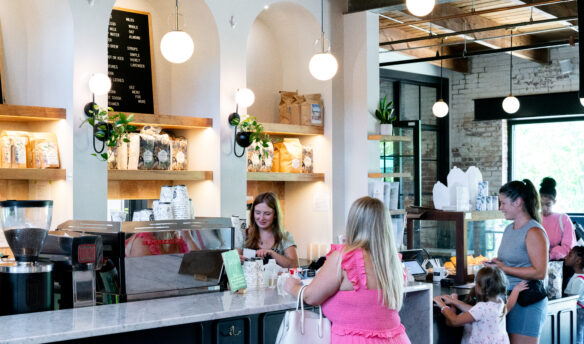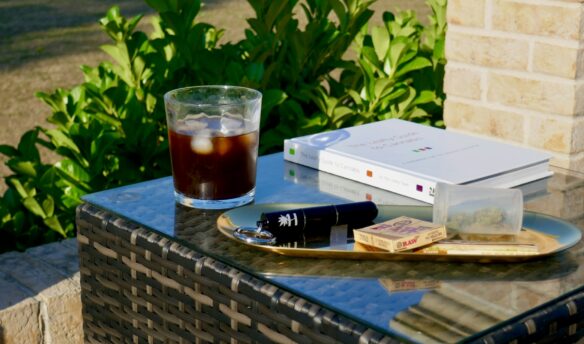[P]eter Luong is not interested in what he calls “safe” tea. On his trips twice a year to China and Taiwan, he doesn’t look for teas that will appeal to more people, or even teas that are consistent from year to year. He looks for quality—his company, Song Tea & Ceramics, is known for very high quality tea. But he also looks for the unusual, teas that present a challenge to the customers that find their way to his calm, quiet storefront in San Francisco. If you manage to find yourself in Song’s tea studio via word-of-mouth, or after discovering the teas in one of the many West Coast cafés that brew them, the flavors you’ll find are guaranteed to take your perceptions of tea and upend them. Yet, elegantly so.
In the Pacific Heights shop, where Peter and a small staff host curious customers for ceremonial steepings and package all of the company’s wholesale teas, it’s easy to get blissfully lost in what feels like a gallery of carefully curated treasures from a world away. Wood-fired ceramics, hand-thrown stoneware, and warm-toned clay pots from artists in China, Taiwan, and the US look like museum pieces, though they are crafted to be quite the opposite. Heavy ceramic canisters of tea with pastel labels line a shelf along one wall. A sturdy blond table seats a modest number of guests. Large sidewalk windows invite fog-filtered light to reflect off the shop’s clean, white walls.
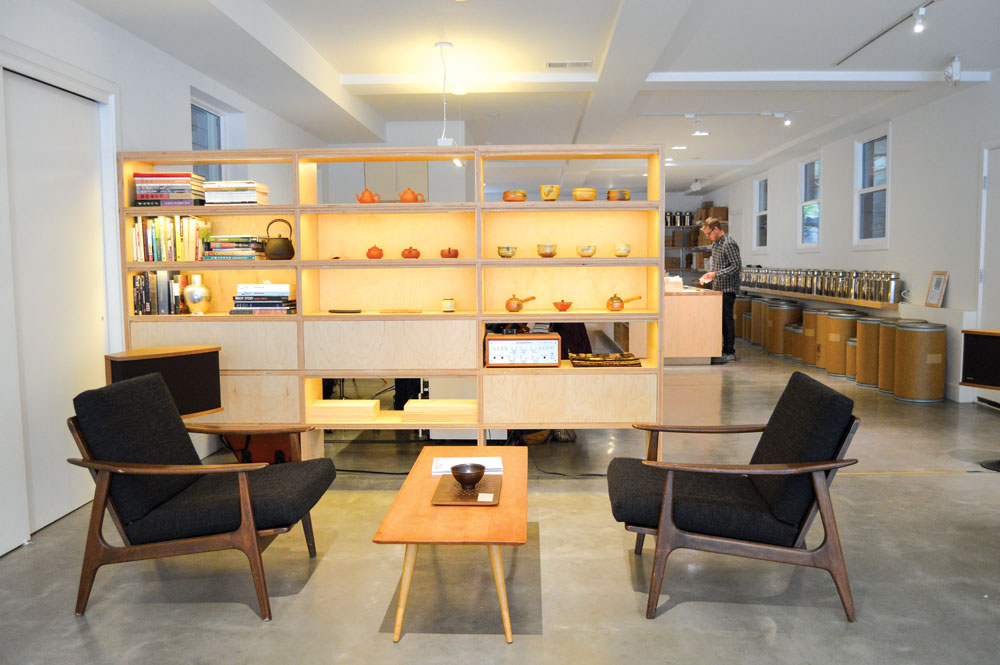
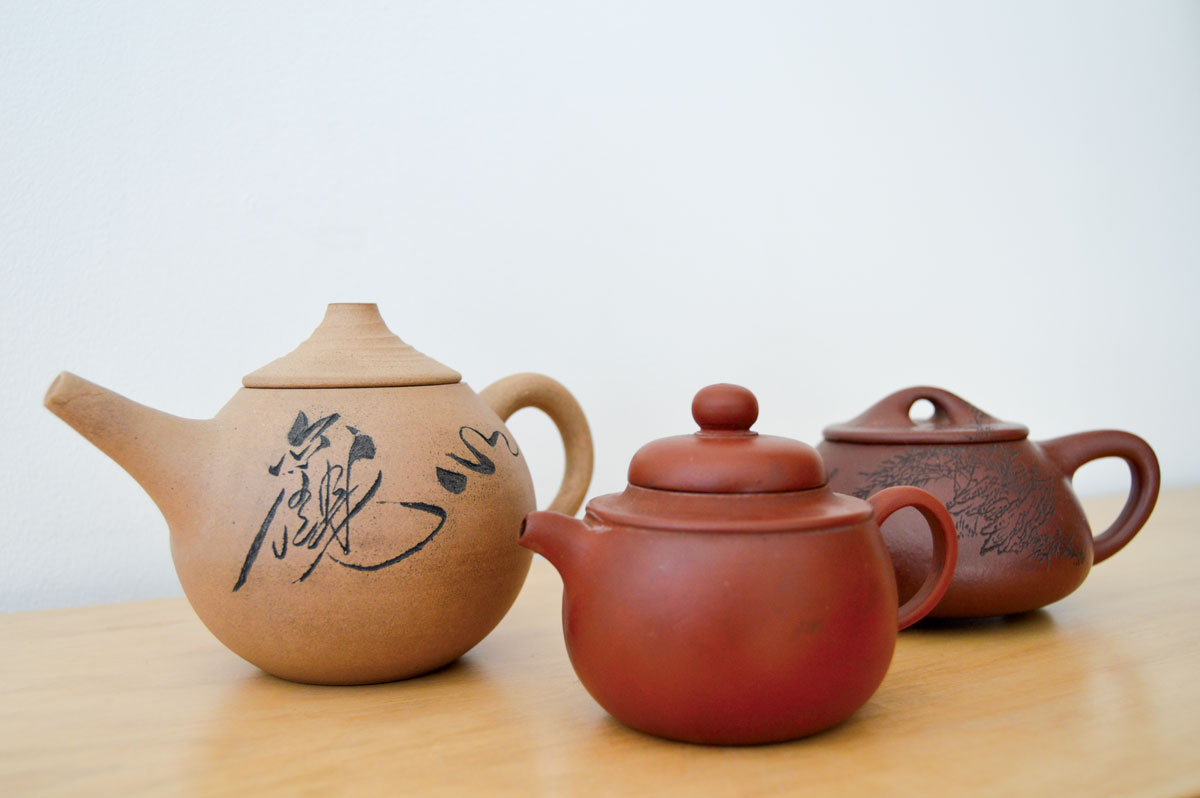
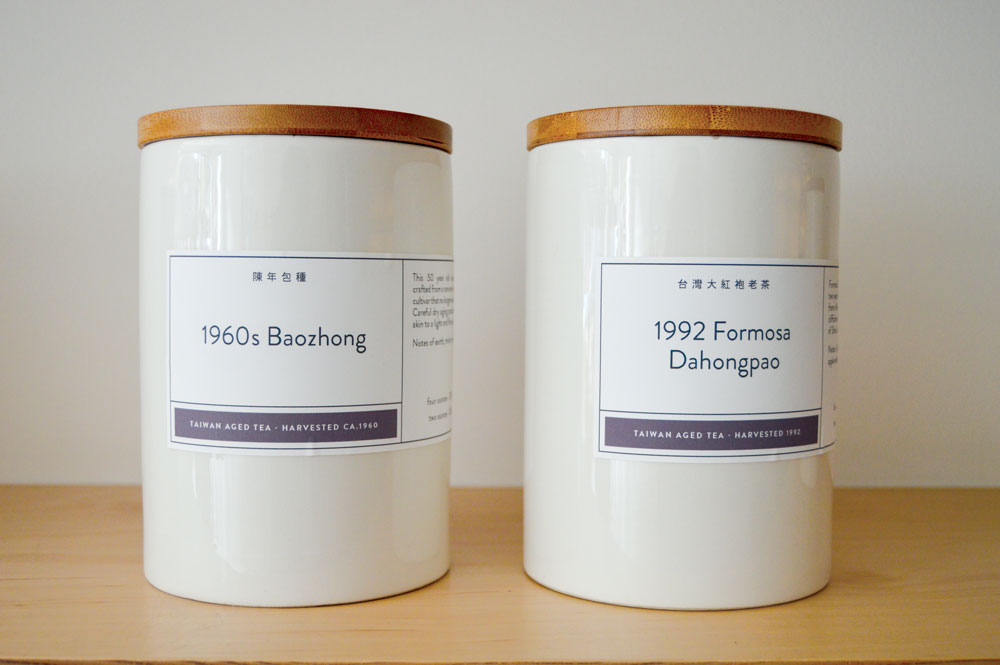
“It’s all about the tea,” says Peter, whose initiatory tea experiences date back to his parents’ tea company in the city’s historic Chinatown. Song’s neutral décor is as intentional as Peter’s careful sourcing. The shop is a blank canvas, free of distractions, in which sensory exploration can transpire. In one sense, the gentle music playing and the attention to calming details matches the mood of tea, because it soothes. But minimalist packaging and furniture are also meant to easily fade into the background, forgotten once water hits leaves.
Song carries about twenty-five teas at a time, and about thirty-percent of those are swapped each year. Exquisite oolongs carry flavor notes like aloeswood and maple candy, peach and wildflower honey, and actually stand up to those distinctions. Each tea has a unique story (detailed on Song’s website), like this year’s Dragonwell, made from a rare and experimental cultivar; sixty handpicked leaves make up a gram of the finished tea, which brews with notes of “watercress and toasted sunflower seed.” It seeks to reset expectations of what a Dragonwell, familiar to many, can be.
“Once I got into tea the more I enjoyed good quality tea,” says Peter, “and hoped other people would as well, at that level.”
For the price of a movie ticket, drinkers can visit Song, and that level—if only for the duration of a serene steeping.



